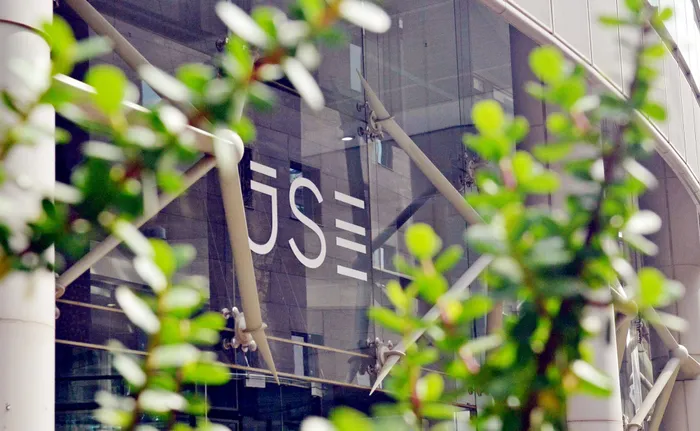
The all share index broke through the 110 000 point level a few times last week and closed on Friday at 110 296 points.
Image: Timothy Bernard
Despite some uncertainty about world equity and bond markets around the US economy and the way forward for interest rates after the US government shutdown remains, share prices on the JSE remain bullish. The all share index broke through the 110 000 point level a few times last week and closed on Friday at 110 296 points. This is an improvement of 0.5% for the week and the sixth consecutive record Friday close.
The prices for gold, platinum and palladium remain strong but have moved sideways since last Thursday. The gold price ended the week still above the $4 000 level ($4 009) and $123 per ounce for the week, from $3 885 the previous Friday. Platinum ended flat on $1 617, but the palladium price shot up by $183 to $1 443 per ounce.
Investor concerns over a prolonged US government shutdown drove demand for safe-haven assets. This has led to uncertainty on foreign exchange markets, especially currencies of emerging countries. Investors are uncertain when crucial US economic data like the monthly unemployment rate will be released and with the important inflation rate for September to be announced this coming week.
"Despite expectations of a Federal Reserve rate cut, the USD (US dollar) remains robust, supported by the US' political and economic uncertainties," said ETM Analytics in a research note, adding that this has translated into the rand losing some ground.
The currency lost 20 cents alone on Friday, closing on R17.44/$, down 17c from the previous Friday. Against the Pound the Rand dropped by 38c on Friday closing at R23.23/£ after breaking through R23.00/£ earlier in the week. Against the Euro the Rand lost 39c on Friday, to close on R20.27/ €.
US equities down on geo-political woes
Shares on Wall Street felt the uncertainty on the US government shutdown that now lasted ten days. The shutdown started the previous week after the stalemate situation in the US between the Democrats and the Republicans in Congress on a funding plan, and the Senate is not scheduled to hold any votes until next Tuesday. Tensions are rising as it now seems likely that military members will not get their next paychecks next Wednesday. On Friday President Donald Trump also announced that he intends to impose a new round of trade tariffs against China. The news saw US equities tumble at the close.
The Dow Jones industrial index traded -1.90% on Friday, losing -2.4% over the week, while the S&P500 gave up all the gains for the week as it tumbled -2.7% on Friday, recording a loss of -2.3% since the previous Friday. The Nasdaq followed the same pattern, losing -3.6% on Friday alone and trading down by -2.5% over the week.
It is, therefore, expected that the JSE when it opens today will follow suite on a negative trend with the Rand that will remain under pressure.
Prospects for this coming week
The uncertainty about the US government shutdown this coming week and the renewed tension between the US and China, are likely to put further pressure on risk assets like equities and the Rand. One cannot baptize these events as the beginning of the expected downward correction on equity markets across the globe, but nervousness on US inflation and unemployment in months to come will affect market sentiment negatively.
Investors will also await the “Economic Outlook and Monetary Policy” speech by Federal Reserve chair Jeremy Powell at the National Association for Business Economics (NABE) Annual Meeting, Philadelphia, on Tuesday. Given the lack of data on the US job market, the figures for the weekly jobless claims on Thursday will set markets by the end of the week. Elsewhere the UK will release data on the unemployment rate and GDP during the week.
Domestically, Statistics South Africa will release South Africa’s mining production figures for August 2025 on Tuesday and retail sales for August on Wednesday.

Chris Harmse is the consulting economist of Sequoia Capital Management and a senior lecturer at Stadio Higher Education.
Image: Supplied
Chris Harmse is the consulting economist of Sequoia Capital Management and a senior lecturer at Stadio Higher Education.
*** The views expressed here do not necessarily represent those of Independent Media or IOL.
BUSINESS REPORT